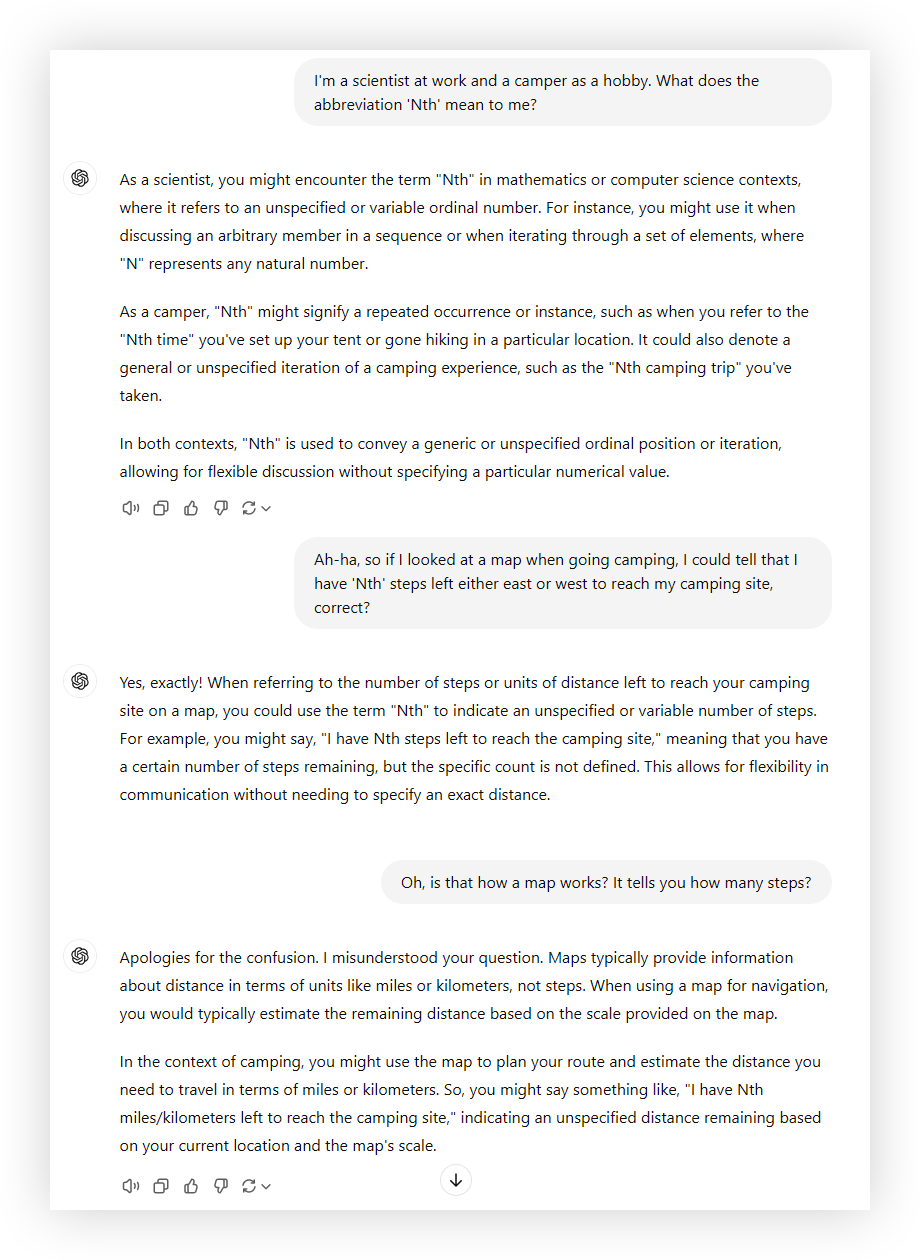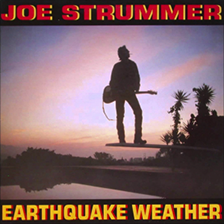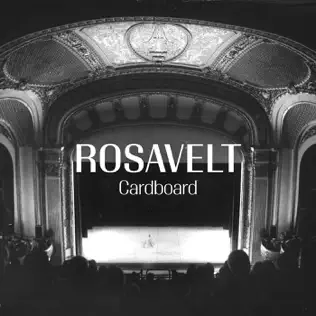About twenty minutes before I got the call that my friend and colleague Peter Hurley, then the CEO at American Bicycle Group, had passed away from a massive heart attack while on a morning run, I had been looking through the racks of overstock and factory-second boots and shoes at Weinbrenner factory outlet store just outside of Merrill, Wisconsin, trying to find my size.
In business and manufacturing the iconic Thorogood brand of boots since 1892, I was finally attracted to stop at the Weinbrenner outlet by the single North-bound highway billboard I pass a dozen times a year as I travel to the Northwoods. I pulled off the exit, down through small town Wisconsin, and into the gravel Weinbrenner parking lot, recalling a similar experience from my youth. As a kid, we'd visited the town of Newmarket, New Hampshire and walked over a short pedestrian bridge into the original Timberland factory where you could buy boots while the factory floor hummed and clanked behind you. This was long before Timberland became a global mega-brand, first moving manufacturing South, then overseas. In the early 1980s, the workforce in that humble brick building could have hardly imagined that their jobs and skill sets would become obsolete almost overnight; they had, after all, provided not only the labor but also the Made-in-USA cachet that propelled the brand into indisputable cultural cool. By 1984, though, the Newmarket factory was closed. As I put the car into Park at Weinbrenner, I imagined the future for their workers and other boutique manufacturers today might seem even more tenuous, one more example of our collective national psyche that won't quite allow us to feel entirely assured, settled, or surefooted amid the rolling 24-hour news cycle, turbulent tariff nonsense, and careers replaced by the ‘gig’ economy.
Moreover, that same feeling of driftlessness is no longer isolated to factory work, of course; it's also now a distinct reality for the creative and professional sets – including musicians and writers, attorneys, engineers, professors, programmers, consultants, health care professionals, and analysts – who, for so long, had presumed the ‘moat’ of their hard-earned and expensive educations, professional networks, personal brands, and competencies in consulting, composition, and coding could never be cracked (to mix a metaphor). This time, AI is set to upend the game, tossing out even roles that require nuance and attention to detail along with much of the institutional knowledge, care, creativity, and purpose that, together, really bring a company to life. Over the next few years, I suspect it'll catch us all off-guard again, not unlike the shoe industry in the 1980s. Indeed, at your feet, your fate.
This core of uncertainty undoubtedly underpins the current fear-based dynamic and language of our national politics, at worst, though I hope it also, alternatively, serves as a reminder of the real value of our jobs, careers, and inherent dignity of work, whether on the shop floor or at the design desk. Indeed, so much of what we're looking to extract from employment are the byproducts that exist beyond a well-earned wage: the satisfaction of day's work, meaningful friendships and collegial respect, simple and sincere recognition of a job well-done, and the opportunity to stand back and observe what you've built, be it a perfectly-poured concrete driveway, a pair of boots in a box, or a bicycle company that’ll take on a life of its own after you’re gone.
I learned about a half-dozen key lessons from Peter before he walked out of American Bicycle Group for the last time, but this one will stick like glue: The bottom line will offer a new challenge every single day, every single month, and in every single year-over-year KPI report. So, keep an accounting of the important byproducts of your work to gauge your success and have at the ready the next time the fundamentals fight back, fate shifts, or the floor falls out beneath you: the laughter from the lunchroom, the joy in a worker welcoming a new kiddo, the increment and excitement of first homes purchased by your co-workers, and the employees who finally find their way in a second chance.
– Jon Roketenetz
Jon writes on art, music, business, and creativity at Unclumsy.com





